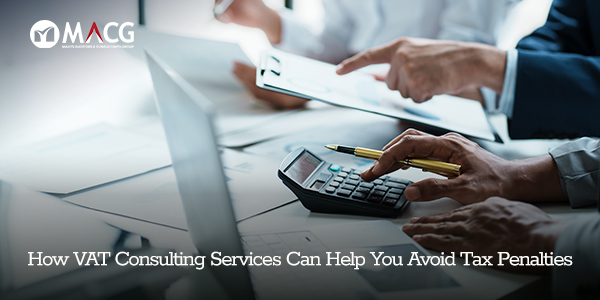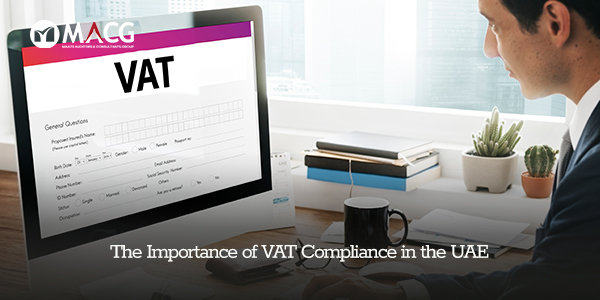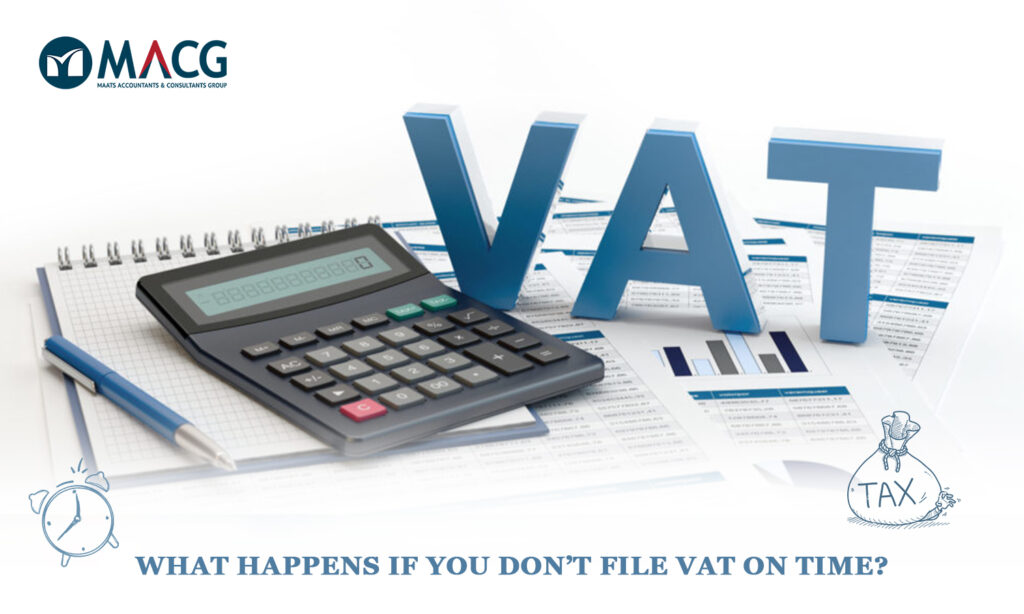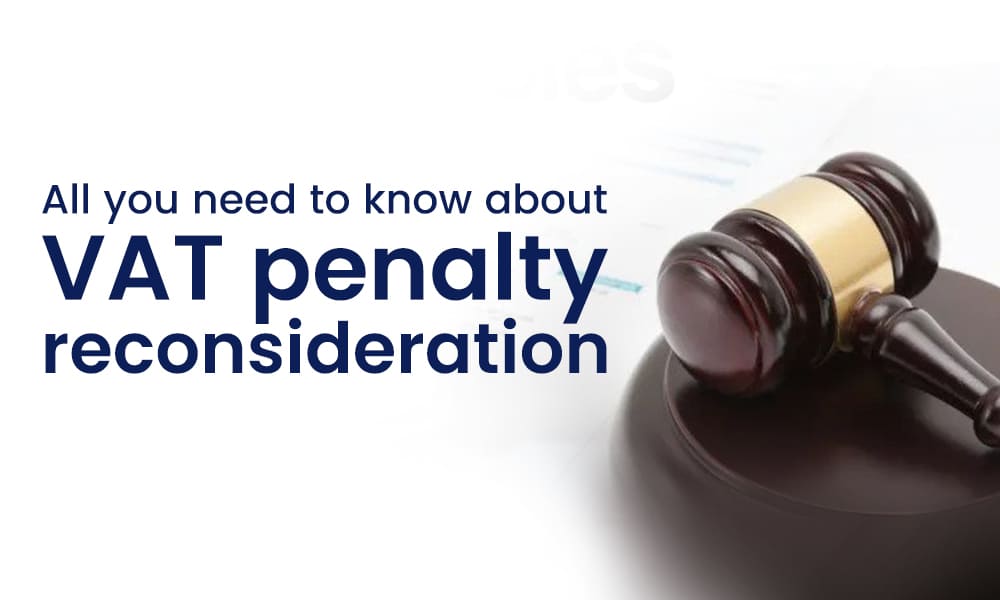How VAT Consulting Services Can Help You Avoid Tax Penalties
Navigating the world of Value Added Tax (VAT) can be a daunting task for businesses, especially in regions with complex tax laws. Mistakes in VAT compliance can result in hefty penalties, fines, and even damage to your company’s reputation. This is where VAT consulting services come in – helping businesses stay on the right side of the law and avoid costly tax penalties. 1. Ensuring VAT Compliance VAT is one of the most commonly used indirect taxes worldwide, and each country has its own set of rules regarding how it should be charged, reported, and paid. Whether your business is large or small, understanding the intricate VAT rules specific to your region is crucial to staying compliant. A VAT consultant helps your business by providing expert guidance on all aspects of VAT, including: By ensuring that your business complies with VAT regulations at every step, a VAT consultant minimizes the risk of non-compliance, which could otherwise lead to significant tax penalties. 2. Preventing Common VAT Errors Even experienced businesses can make VAT-related mistakes. These errors may be as simple as failing to keep proper records or misapplying VAT on exempt or zero-rated goods and services. Common VAT mistakes include: A VAT consultant’s expertise helps you avoid these common pitfalls. By reviewing your processes, ensuring you apply the correct VAT rates, and maintaining accurate records, VAT consultants help prevent errors that could lead to tax penalties. 3. Staying on Top of VAT Changes VAT regulations are constantly evolving. Changes can be related to tax rates, new exemptions, and adjustments in VAT thresholds. For businesses operating in multiple jurisdictions, staying up-to-date with VAT laws in each region can be a significant challenge. A VAT consultant stays informed about regulatory changes in real time. They ensure that your business adapts to these changes promptly and correctly. Whether it’s new VAT rules for digital services, updates on VAT exemptions, or cross-border VAT legislation changes, a VAT consultant ensures that your business remains compliant and avoids penalties related to outdated practices. For example, if a government introduces new VAT filing deadlines or modifies the VAT treatment for certain goods, a VAT consultant can guide your business on the proper adjustments needed to avoid penalties. 4. Handling VAT Audits A VAT audit is an investigation by tax authorities into a business’s financial records and VAT returns. The goal of the audit is to ensure that a business has complied with VAT laws and has paid the correct amount of VAT. During an audit, the tax authorities may ask for detailed records, receipts, and invoices. A VAT consultant plays a critical role in preparing your business for a VAT audit by: With a VAT consultant handling the audit preparation, your business is less likely to face penalties for non-compliance. Moreover, having expert support during an audit can help you address any discrepancies quickly, reducing the risk of severe penalties. 5. Optimizing VAT Recovery VAT is a recoverable tax, meaning businesses can reclaim VAT paid on purchases, such as goods, services, and overhead costs. However, claiming VAT back can be a complex process, with certain rules and limitations that vary by region. A VAT consultant helps ensure that your business is maximizing VAT recovery by: By effectively managing VAT recovery, VAT consultants help your business maintain cash flow and avoid missed opportunities to reclaim VAT. They also ensure that you don’t overclaim VAT, which could lead to penalties. 6. Streamlining VAT Returns Filing VAT returns is one of the most critical responsibilities for any VAT-registered business. However, it’s also one of the most complex. If you file returns late, inaccurately, or with errors, you could incur financial penalties and interest charges. A VAT consultant simplifies the VAT return process by: By delegating VAT return management to a consultant, you ensure that all returns are accurate and submitted on time, reducing the risk of penalties. Conclusion VAT consulting services are not just for large corporations—they’re essential for businesses of all sizes to avoid the risk of tax penalties and ensure long-term compliance with VAT laws. Whether you’re dealing with VAT registration, filing returns, managing audits, or recovering VAT, a VAT consultant’s expertise will help guide your business through complex tax regulations and avoid costly mistakes. Partnering with an expert VAT consultant like Maats – one of the leading VAT advisory firms in the UAE – ensures your business maintains full compliance while optimizing tax efficiency. With Maats’ specialized expertise, you’ll minimize penalty risks, streamline VAT processes, and navigate the complex tax landscape with confidence. Their proactive approach not only safeguards your business from regulatory pitfalls but also identifies savings opportunities, giving you peace of mind knowing your VAT matters are handled by true professionals. By choosing Maats, you’re investing in both compliance and strategic financial advantage.








